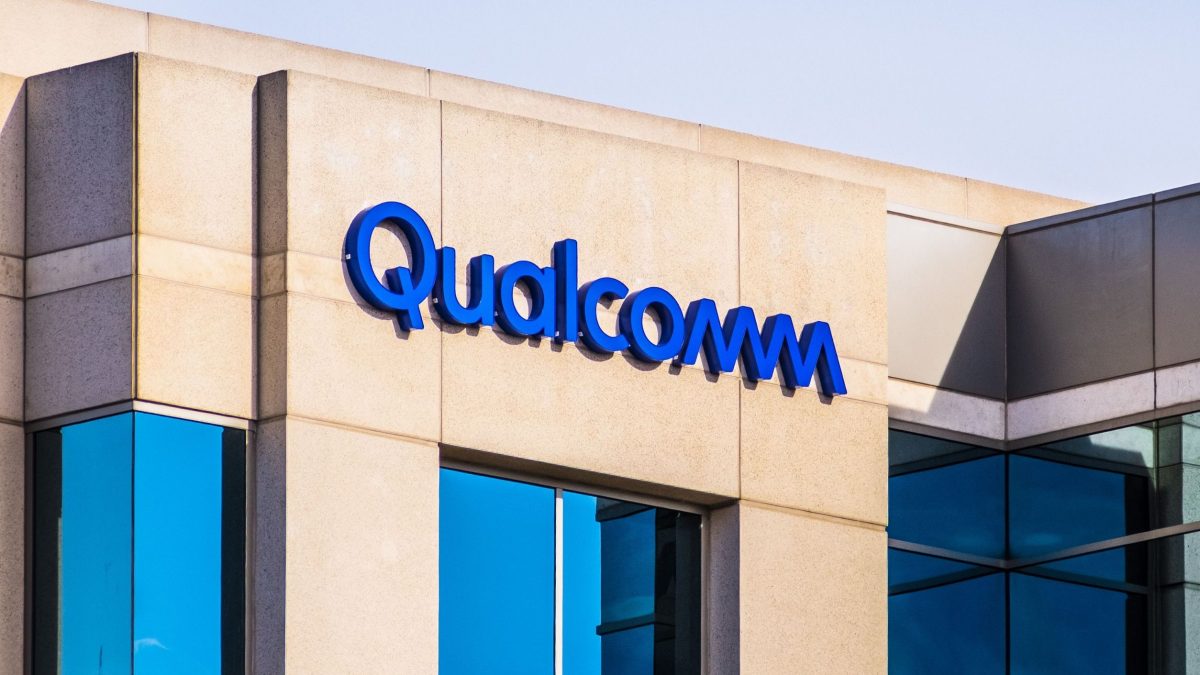In a significant escalation of their ongoing legal issues, Arm holdings has decided to terminate a major licensing deal with Qualcomm on a 60-day notice. The termination notice has far reaching implications for Qualcomm as well as the smartphone and semiconductor markets.
The reason this issue is important is because most of the android smartphones in use today utilize Qualcomm’s technology.
And most of Qualcomm’s products that are used in these smartphones utilize ARM’s intellectual property (IP).
Qualcomm is also one of the biggest source of revenue for ARM.
It is quite clear that both companies depend on each other for a lot of their business.
So what happens if things go south from here on?
A direct hit on revenue for both companies
Qualcomm generates $39 billion in revenue. Most of this comes from smartphones which use ARM based processors. An example is the Snapdragon line of processors that the company uses in most modern smartphones.
For Qualcomm, a new area of growth is its entry into ‘AI PCs’.
The company sells snapdragon processors to major PC companies like HP and Microsoft. If QCOM is unable to sell those, it also becomes a big problem for companies involved in personal computing.
Similarly for ARM, having good relationship with a major semiconductor company is important.
The company generated $3.2 billion in revenue in the last fiscal year. $1.8 billion of those came from royalties while $1.4 billion came from licensing agreements.
Both these revenue streams will take a hit if the company stops working with Qualcomm.
Nuvia’s role in the legal dispute
At the centre of all this is a small firm by the name Nuvia. The processors that QCOM sells to DELL and Microsoft are based on Nuvia’s processor design.
Nuvia was acquired by QCOM in 2021. Like QCOM, Nuvia also licensed ARM technology to create its processor designs.
At the start of this week, QCOM had announced that it was bringing an old Nuvia design called Oryon to its most recent snapdragon processors.
Since Nuvia hadn’t been acquired by QCOM when this design was created, ARM believes QCOM needs to license this technology from ARM, not Nuvia.
Since ARM also sells its own chips, many see this as an opportunistic attempt to stop QCOM and take over its market share.
A Qualcomm spokesperson had this to say about ARM’s actions:
(It) appears to be an attempt to disrupt the legal process, and its claim for termination is completely baseless. We are confident that Qualcomm’s rights under its agreement with Arm will be affirmed.
Qualcomm stock is down over 3% on the news of the termination notice.
This would dwarf in comparison to the carnage that an eventual termination will result in. For now, it seems the market is favoring a settlement.
That would mean this is just an attempt from ARM to bring QCOM back to the negotiation table and renegotiate the terms of Nuvia licensing deal.
If not, this might just be the beginning of a seismic shift in the smartphone industry.
The post ARM vs Qualcomm: why their licensing feud goes beyond just a contract appeared first on Invezz

